| If…a dead body is found lying in the open and the identity of the killer is not known, your elders and leaders shall go out and measure the distances from the corpse to the nearby towns. The elders of the town nearest the corpse shall then take a cow which has never worked, which has never pulled a yoke, and the elders of that town shall…break the cow's neck… Then all the elders of the town nearest to the corpse shall wash their hands over the cow…and they shall make this declaration: “Our hands did not shed this blood, nor did our eyes see it done. Absolve, Adonai, Your people Israel whom You redeemed, and do not let guilt for the blood of the innocent remain among Your people Israel” (Deuteronomy 21:1-8). |
In the Mishnah, the rabbis seem to have the same questions about the purpose of the ritual of the eglah arufah ("the cow with the broken neck"). They state:
Surely, it would not occur to anyone that the elders of the rabbinic court spilt this blood! Rather, the declaration means, “He did not come into our hands and we did not send him away without food. We did not see him and allow him to leave without escort." (M. Sotah 9:6)
The rabbis seem to be saying that there might actually be a hint of guilt upon the leaders of the nearby city for this crime. Their declaration is not just that they did not commit the murder, it is that they did not allow the crime to happen by neglecting the needs of the person who was killed in the lands adjacent to their town. They must perform this ritual because they should be held responsible—morally and legally—for the care of any stranger who happens to pass by their land.
Do we accept that responsibility?
On average, more than thirty people are murdered every day in the United States. The U.S. has by far the highest murder rate in the industrialized world, despite having an overall crime rate which is similar to that of other industrialized nations. (Why?).
When most of us hear statistics like this, we think about the role of poverty and guns in creating a climate for homicide. We may think about the frequency with which racial minorities are the perpetrators and the victims of these murders. But we don't often think about our own culpability.
What would happen if we had to make the declaration of the cow with the broken neck described in this week's Torah portion? What if, every time you read about a homicide in your town or an adjacent area, you had to travel to the scene of the murder and declare that you had no opportunity to offer the victim food, to care for him or her, or to offer protection from harm? Could you do it? Could any of us?
As I have remarked before, the Torah has no particular interest in the rights of an individual, but it has a very keen interest in a person's obligations. The Torah offers us no right to remain uninterested in murders committed in the places near where we live. By the very fact that we do live in the place, we already are implicated. We are obliged to protect from harm even the stranger who is passing through.
If we do nothing, who will absolve us?

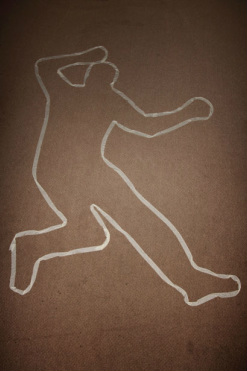
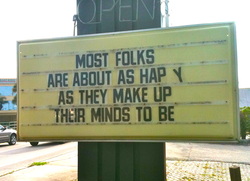
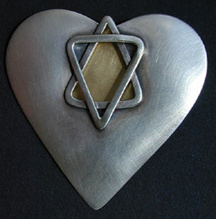
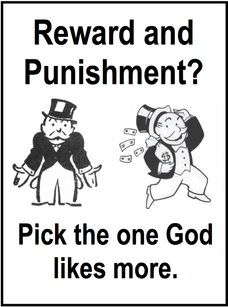
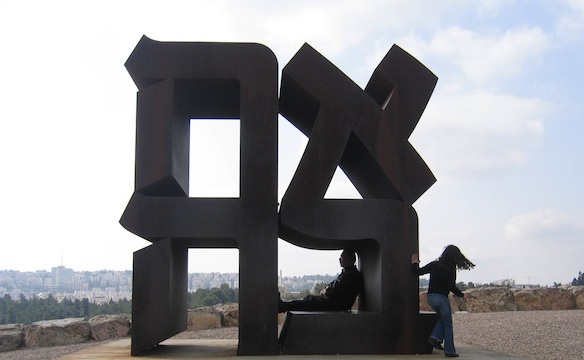
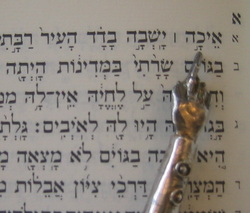
 RSS Feed
RSS Feed
